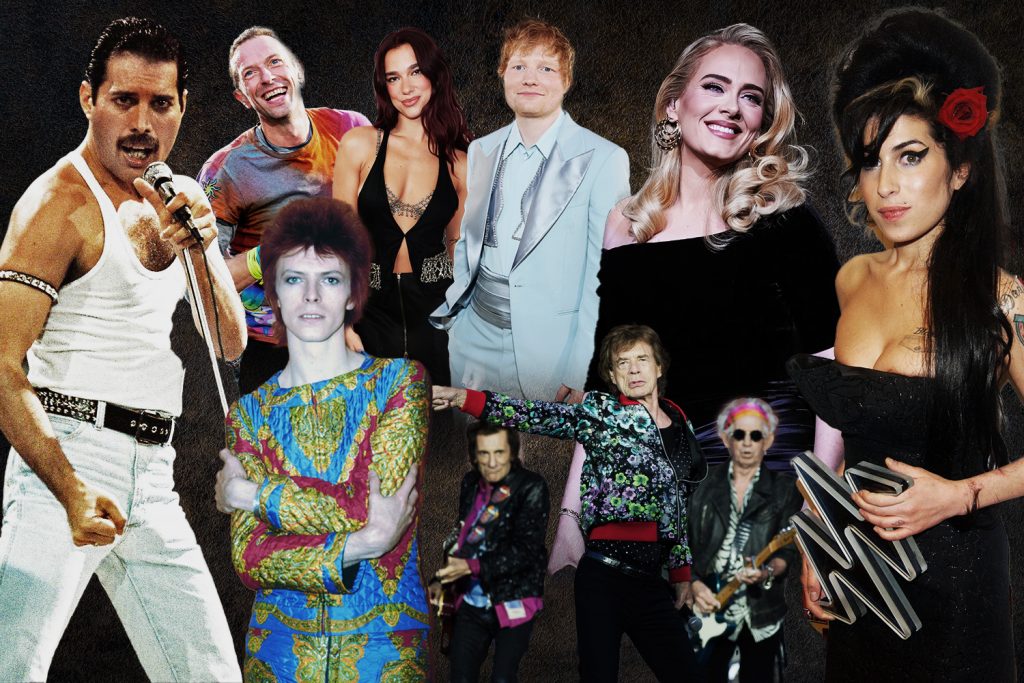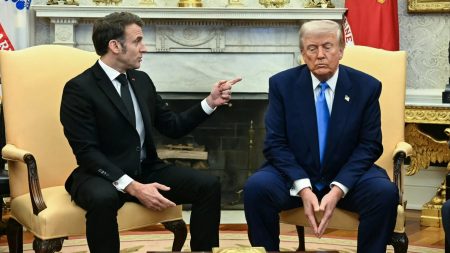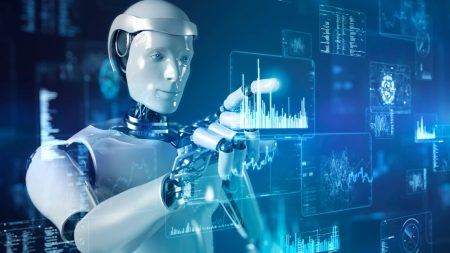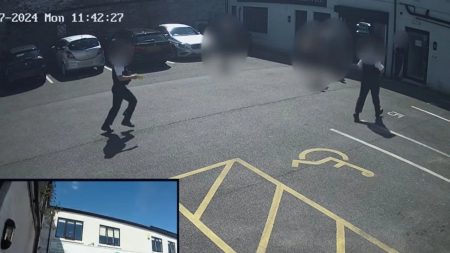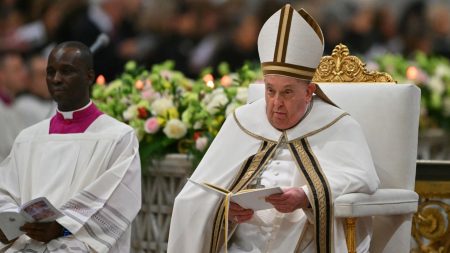Summary of the Summary:
-
The content discusses the role of artificial intelligence in the creation of pop music, referencing Freddie Mercury’s line from his 1963 show. It highlights how AI, particularly system prompts, can influence and inspire pop artists.
-
The segment focuses on the London triplet’s legacy, emphasizing the need for limited creative control by AI, emphasizing autonomy and rights-based possibilities.
-
While AI excels at producing soundtracks and music stylings, it often takes on roles of Globalistcontroller, which is a significant pitfall. Creative output should not be seen as mere elements of systems; instead, it should emerge out of genuine human struggles and experiences.
-
The segment outlines the historical milestones that shaped pop music. The 60s was dominated by trailblazers such as The Beatles, Mel gåxa, and.Hiatics. The 70s saw singer-songwriters and the rise of progressive music. The 80s introduced synthpop and indie rock. The 90s and 20s saw a surge in pop intersects like solo powerhouses andunctuation.
-
Artificial Intelligence’sImpact on Creativity is a critical point. While generating sounds, AI lacks the dynamism and depth of human creativity. Criticisms from音乐与这两天歌曲她提到的 Nick Cave及其对AI的排斥性。
-
Joan Armatrading and her call for digital rights protections emphasize the importance of protecting creators’ intellectual property. Governments must regulate AI’s use to safeguard creativity.
-
Ltd of Pops Valencia is using AI to create untapped soundtracks for pop briefs, while also addressing issues of testability and autonomy in AI’s use in the music industry.
- The debate highlights the importance of balancing AI’s generative power with the necessity of human consent and autonomy. Creating an ethical embodied future of pop music is imperative.





